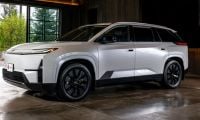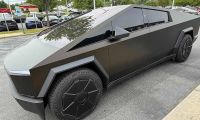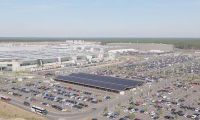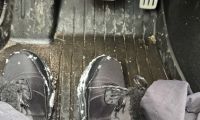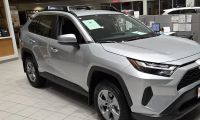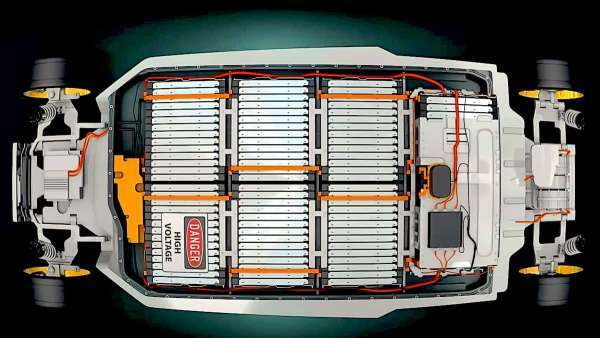
Today we learned that the US battery guidance might slash IRA EV Tax credits. What does this mean for Tesla and what is Tesla's possible action? I am going to explain to you in this video report.
You may have heard of the United States Department of Treasury's new battery sourcing guidance, but what does it mean for Tesla and the wider electric vehicle industry? According to an official from the United States, the Department of Treasury's battery guidelines will lead to a reduction in the number of electric vehicles that qualify for complete or partial credits, Reuters reported yesterday. To qualify for $3,750 credits, electric vehicles must have 50% of the value of their battery components produced or assembled in North America under the IRA regulations.
The new guidance could mean fewer electric vehicles qualify for tax credits, making it more difficult for companies like Tesla to compete with traditional gasoline-powered vehicles. But what exactly are these new guidelines?
Under the Inflation Reduction Act, 50% of the value of battery components must be produced or assembled in North America for EVs to qualify for $3,750 in tax credits. Additionally, EV batteries must source at least 40% of their minerals from the United States or countries with free trade agreements.
Tesla has been investing heavily in building out its battery supply chain, but the new guidelines may require the company to make significant changes to its sourcing practices to remain eligible for the tax credits. However, Tesla has previously shown a commitment to domestic sourcing of critical minerals, which could put them in a good position to adapt to the new requirements.
While the new guidelines present challenges for the electric vehicle industry, they also underscore the importance of domestic battery supply chains. By increasing the percentage of minerals that must be sourced from the United States or countries with free trade agreements each year, the guidelines encourage EV manufacturers to invest in domestic mineral extraction and processing.
And it's not just the EV industry that could benefit. As more renewable energy projects like wind and solar farms are built in the United States, domestic mineral extraction and processing can help support these industries as well.
So while the new battery sourcing guidance may present challenges, it also represents an opportunity for the electric vehicle and renewable energy industries to invest in domestic supply chains and reduce reliance on foreign imports. And for companies like Tesla, it's an exciting opportunity to continue leading the charge towards a more sustainable future.
But what does this mean for consumers? Will the new guidelines make electric vehicles more expensive?
In the short term, it's possible that the reduced availability of tax credits may make electric vehicles more expensive for consumers. However, in the long term, the increased investment in domestic supply chains could lead to greater efficiency and lower costs for EV manufacturers, which could ultimately translate into savings for consumers.
And let's not forget the benefits of electric vehicles themselves. Not only are they better for the environment, but they offer a smoother and quieter ride, lower maintenance costs, and the convenience of home charging.
So while the new battery sourcing guidance may present challenges, it's important to remember the bigger picture: transitioning to a more sustainable and self-reliant future. And with companies like Tesla leading the way, the electric vehicle industry is poised for a bright future.
Thanks for watching, and be sure to subscribe for more updates on the latest developments in the electric vehicle industry.
Armen Hareyan is the founder and the Editor in Chief of Torque News. He founded TorqueNews.com in 2010, which since then has been publishing expert news and analysis about the automotive industry. He can be reached at Torque News Twitter, Facebok, Linkedin and Youtube.
Set as google preferred source

